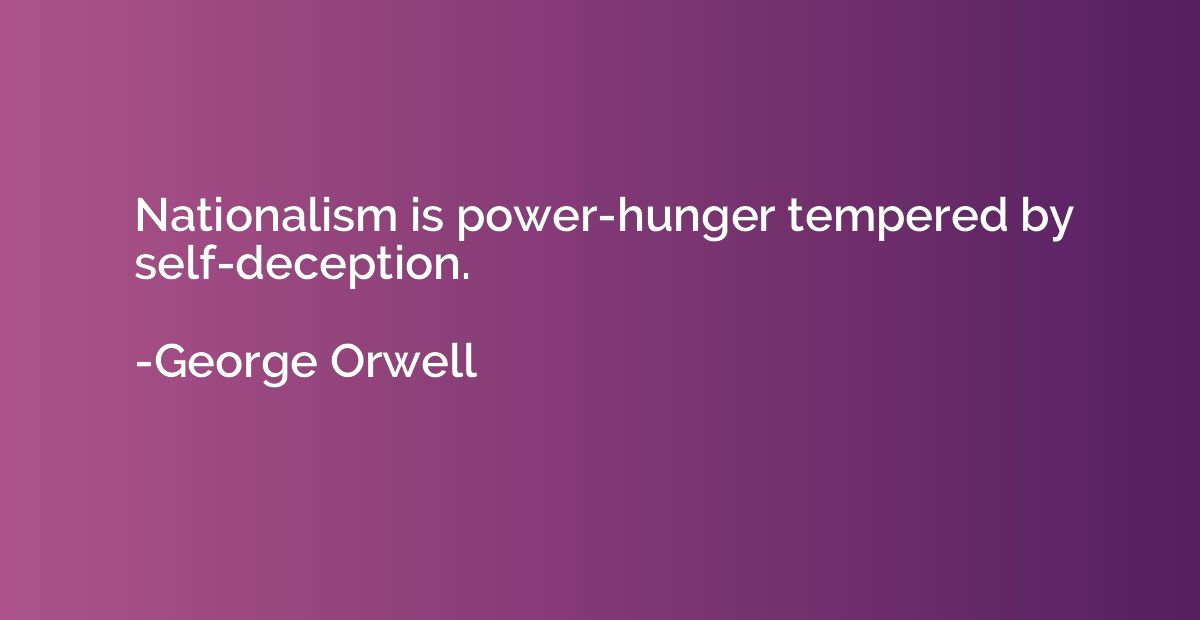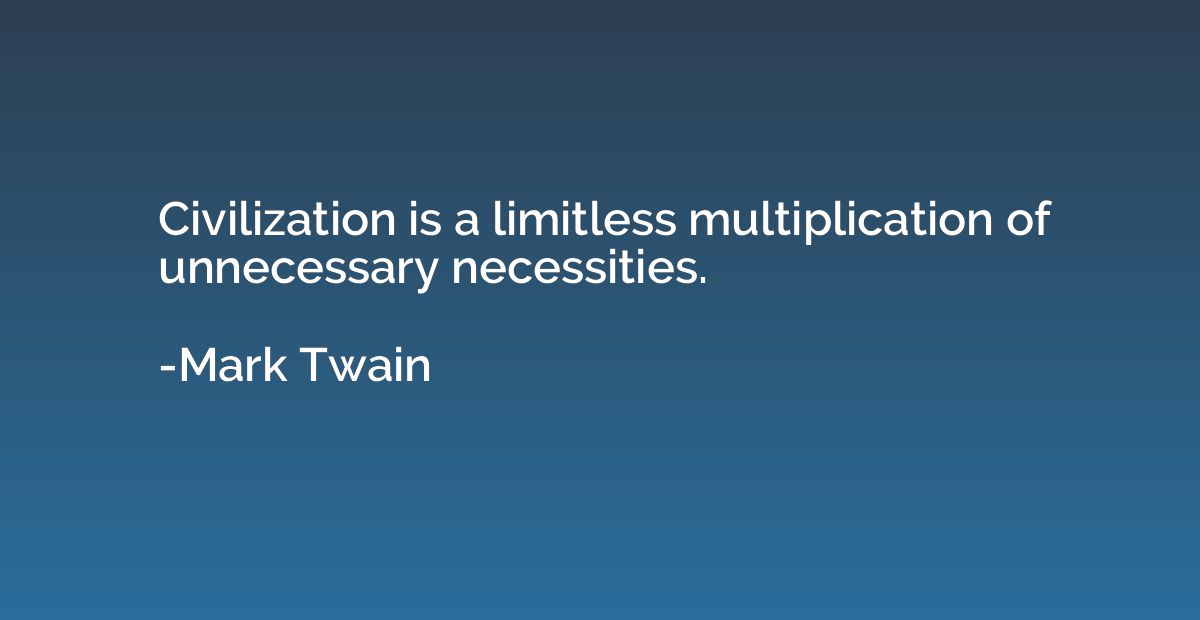Summary
This quote suggests that nationalism, the strong attachment and loyalty to one's own nation, is fueled by a desire for power and influence, but is also rooted in a type of self-deception. It implies that nationalists may harbor a hunger for dominance and control, driven by a belief in their nation's superiority. However, this hunger is tempered by a certain level of self-deception, as nationalists may overlook or deny any negative aspects or consequences of their nationalist ideology. In essence, the quote argues that nationalism combines an ambitious quest for power with a willingness to deceive oneself about the implications of this pursuit.















